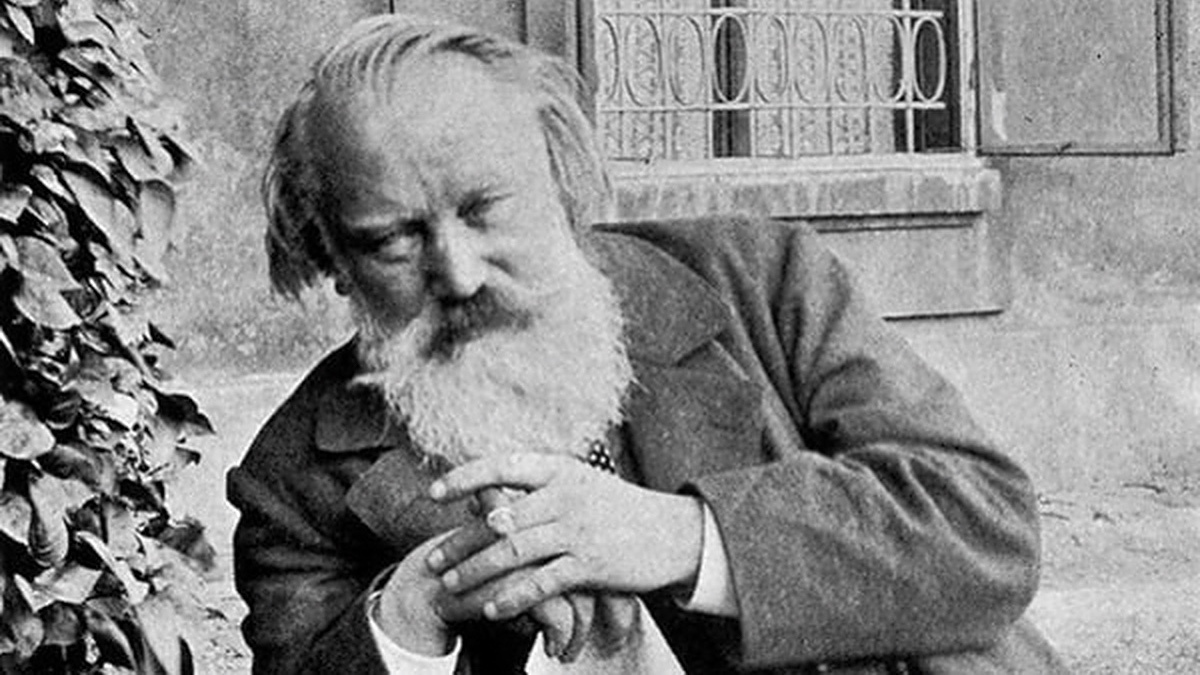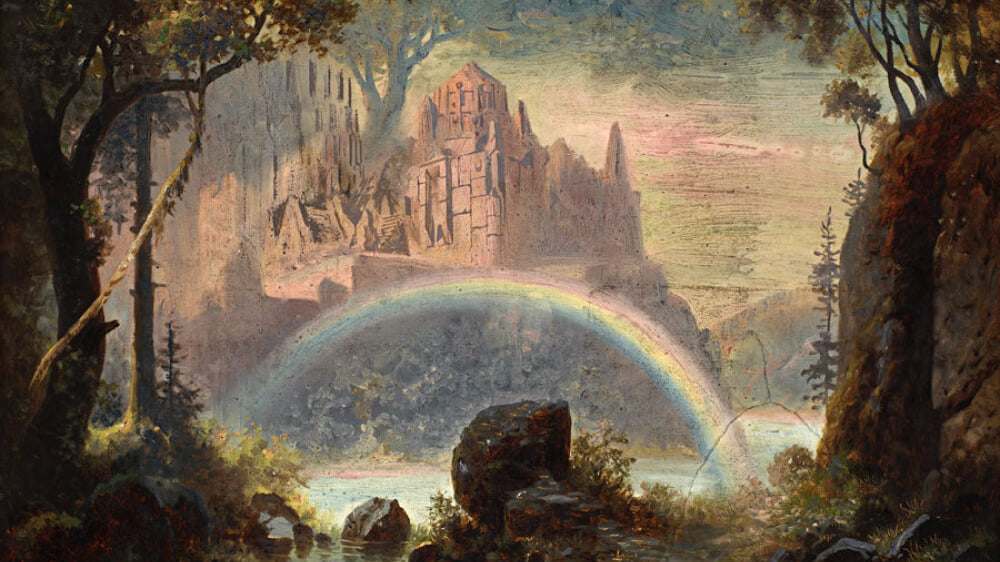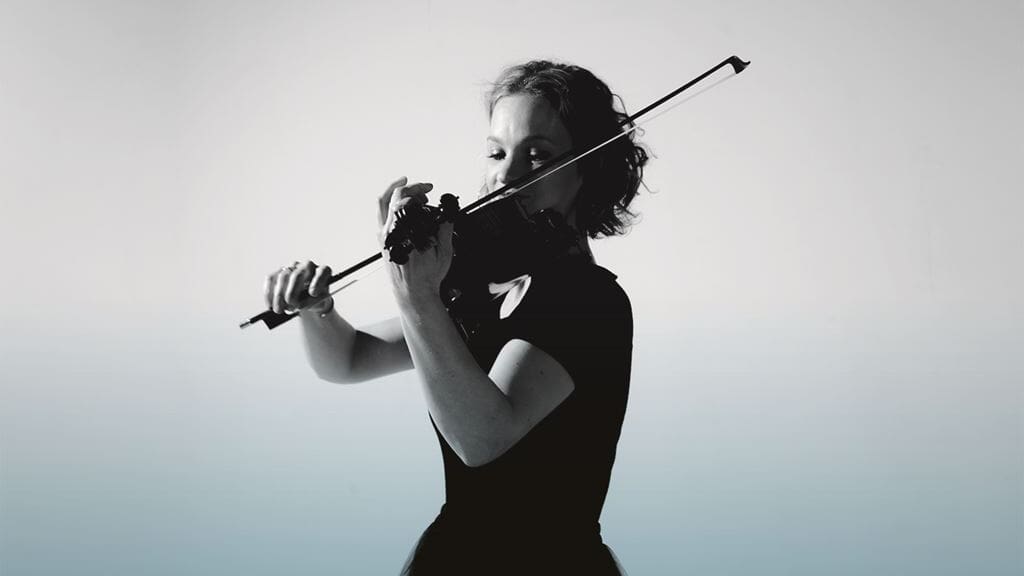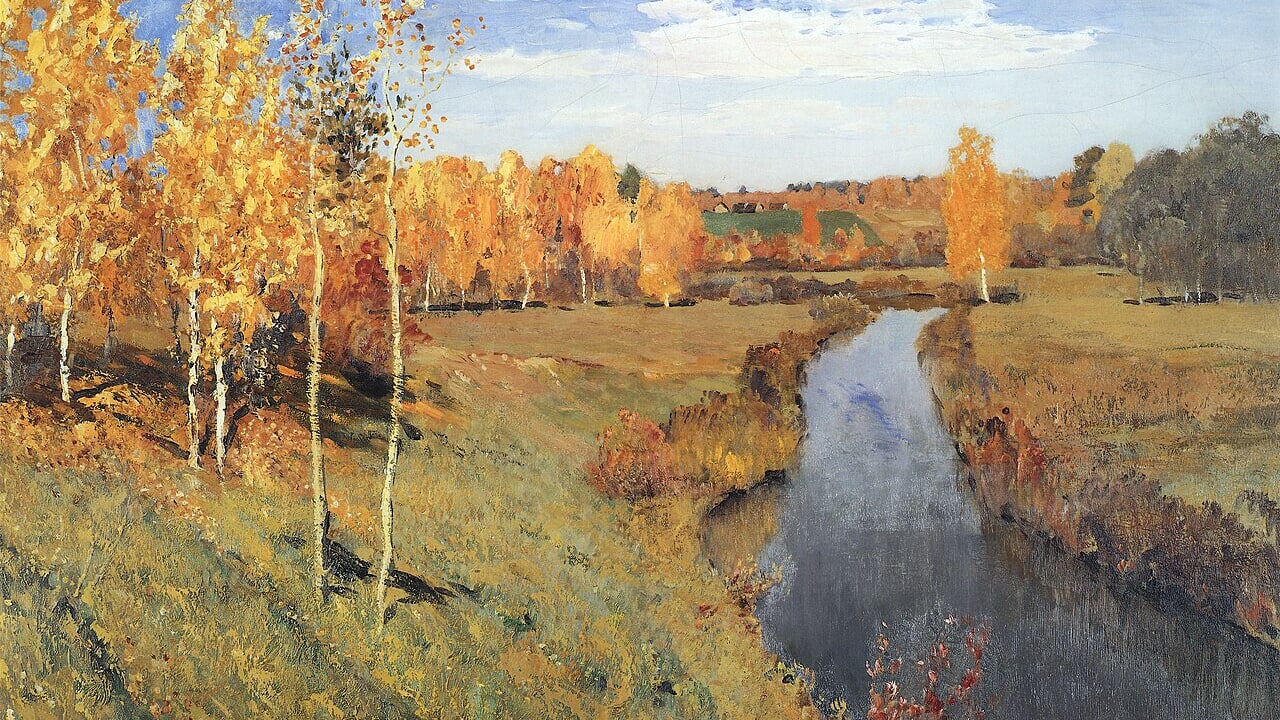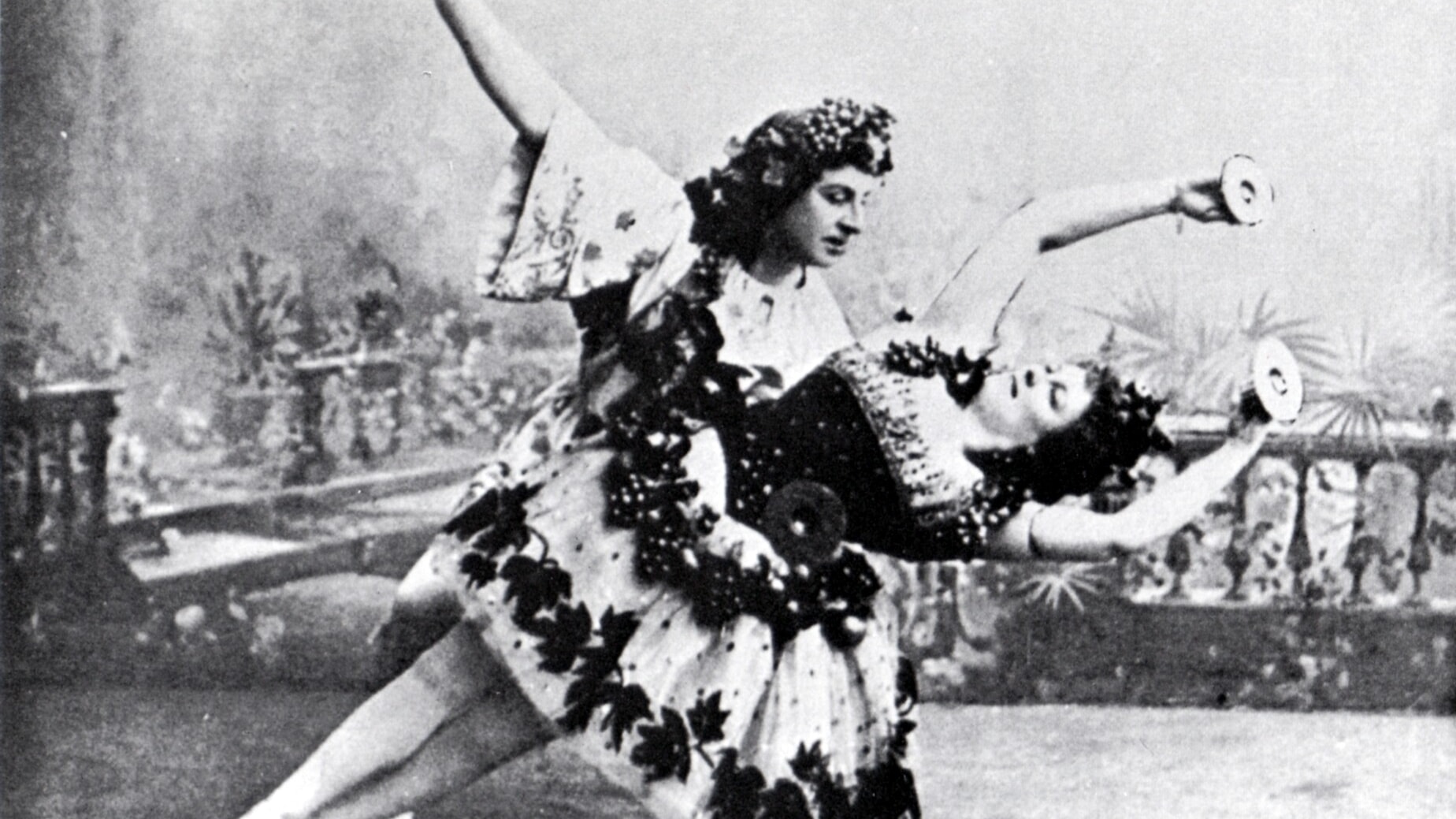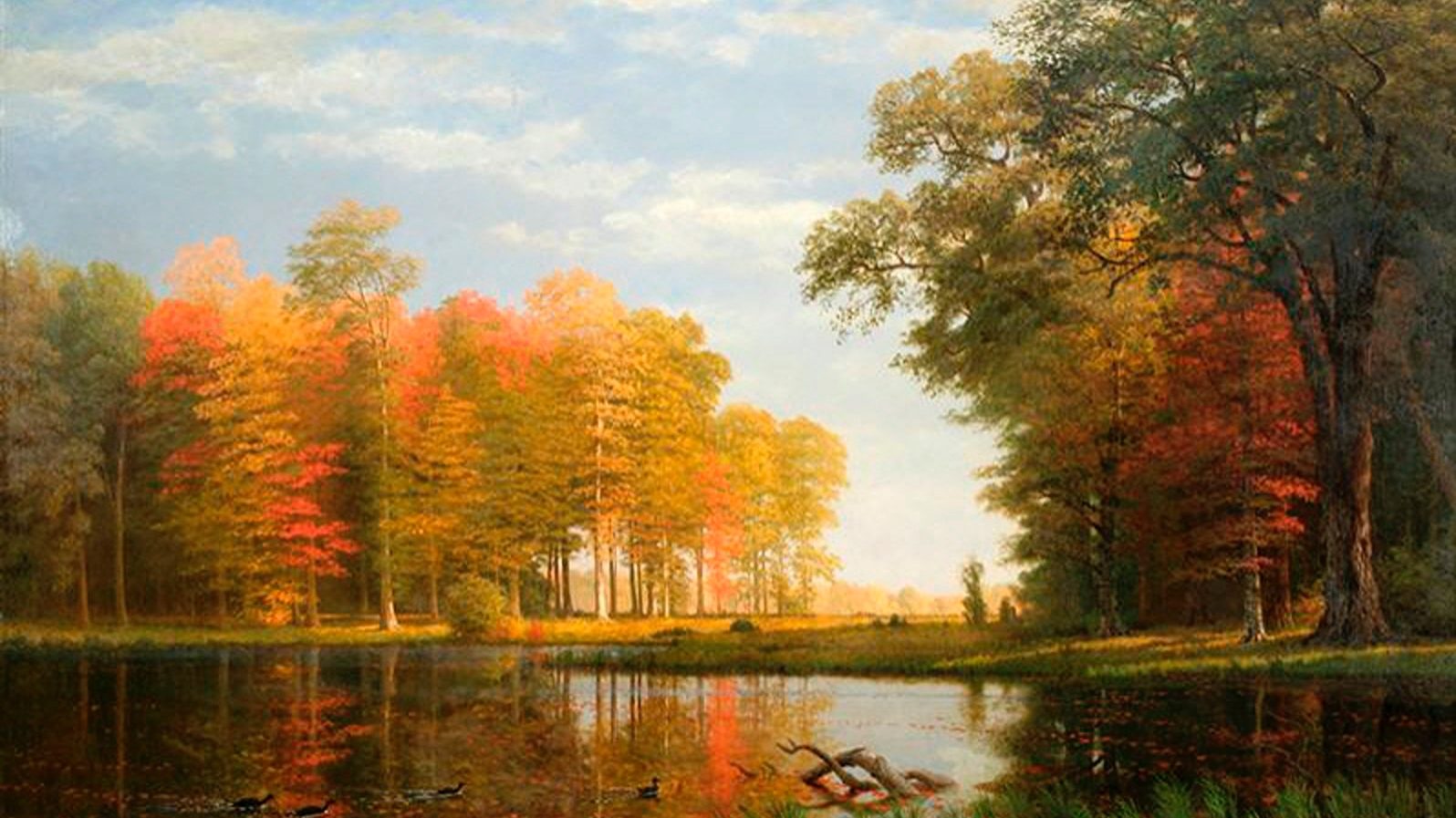Brahms’ Fourth Symphony: A Tragic, Expectation-Shattering Farewell
For first-time listeners, Johannes Brahms’ Symphony No. 4 in E minor can be shocking and expectation-shattering. Composed in 1884, Brahms’ final symphony does not take the journey from darkness to light (a minor key to a major key) charted by so many Romantic symphonies, beginning with Beethoven’s Fifth. Negating the heroic transformation of his First Symphony, Brahms leaves us with a stark, tragic resolution in E minor. He concludes the Symphony with …

